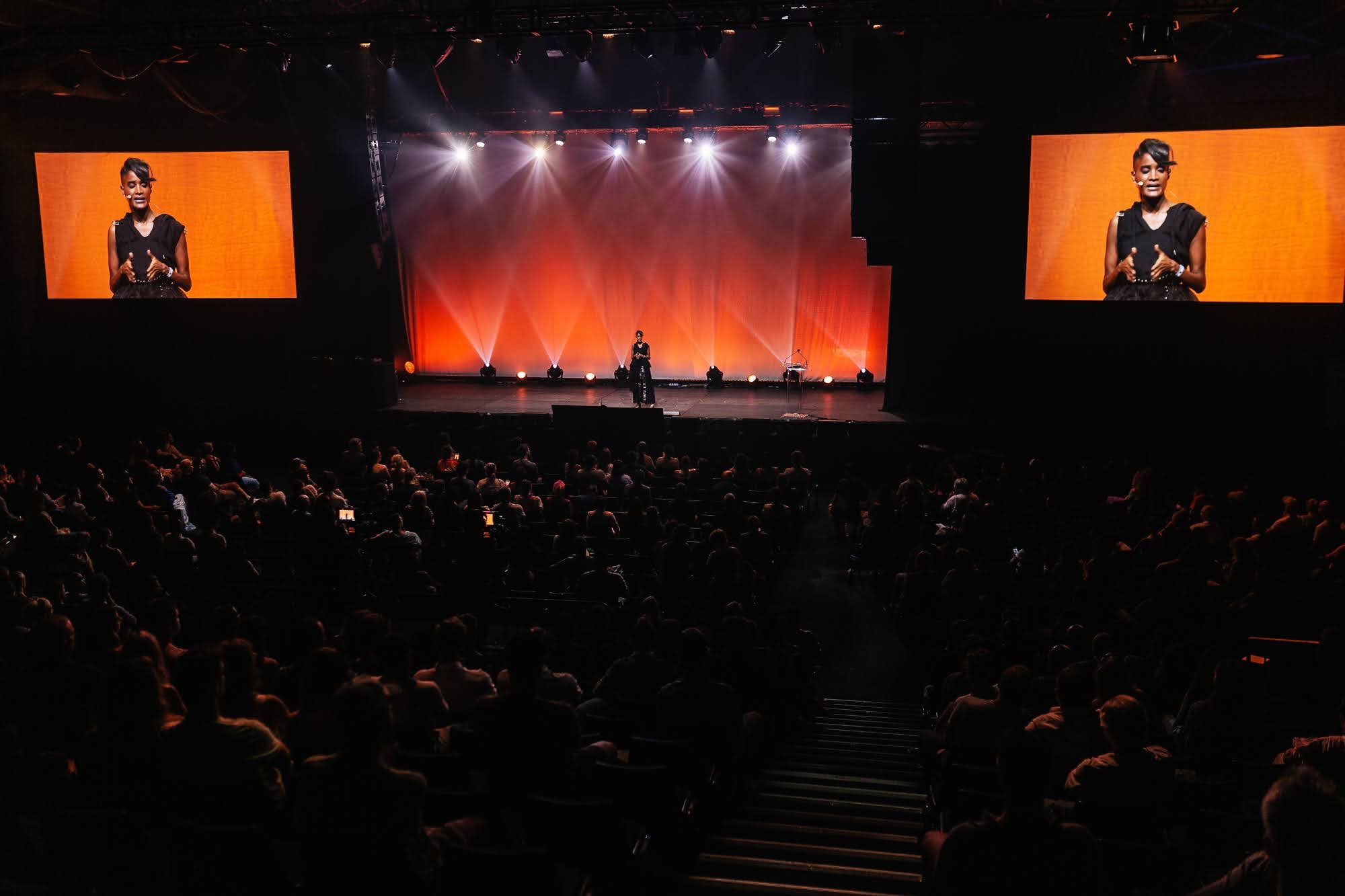CHANGE CATALYST

Meet Candice
Candice Mama is an extraordinary figure recognized globally for her profound impact on peace and reconciliation. Lauded by Vogue as one of the world's top 33 most inspiring women alongside icons like Michelle Obama and Malala Yousafzai, Candice's accolades include being named among the Top 20 African Women by the African Union and the United Nations. Her journey is poignantly captured in the acclaimed documentary "It’s A Pleasure to Meet You," which highlights her courageous act of forgiving her father's murderer, apartheid assassin Eugene De Kock, showcased at the Louis Vuitton Foundation in Paris.
A beacon of hope, Candice's commitment to forgiveness has earned her numerous awards, including the Human Beacon of Dignity Award from Columbia University. Her voice resonates through her book "Forgiveness Redefined" and contributions to significant works like "SHE" by the UN. As a multi-award-winning speaker, international podcaster, and TEDx speaker, Candice continues to inspire and educate audiences worldwide, emphasizing the transformative power of forgiveness and empathy.
Beyond her personal achievements, Candice is a dynamic leader and mentor. She serves on the executive boards of international organizations, co-leads the UN-backed Women Power initiative in South Africa, and served as the Co-CEO of AIME, an organization with operations in 52 countries for two years. Her dedication extends to mentoring indigenous communities and engaging in post-conflict societies, demonstrating her unwavering commitment to global peace and reconciliation.
Candice's influence spans across diverse platforms, from sharing stages with global leaders like former US President Bill Clinton to engaging in thought-provoking debates with intellectuals at prestigious universities. Her ability to connect deeply with audiences, whether through public speaking or her insightful podcast interviews, solidifies her reputation as a compassionate and powerful advocate for change. Candice Mama's story is a testament to resilience, empathy, and the boundless potential of forgiveness to heal and unite communities worldwide.
Notable Awards:
Vogue Paris’s Most Inspiring Woman in the world
United Nations Top 75 People In The World
Top Women by the African Union
